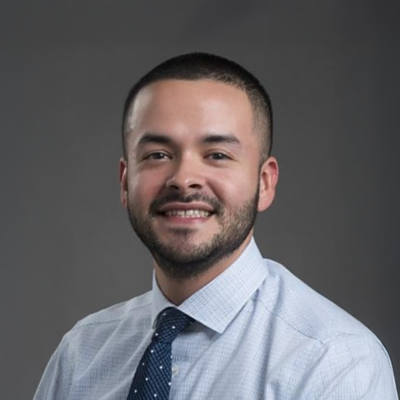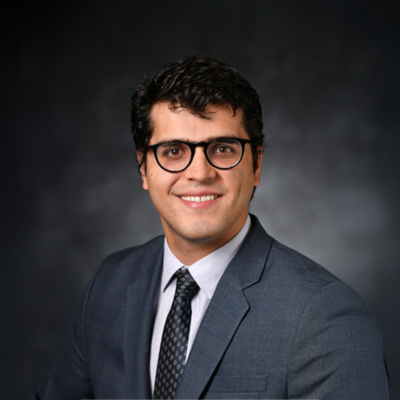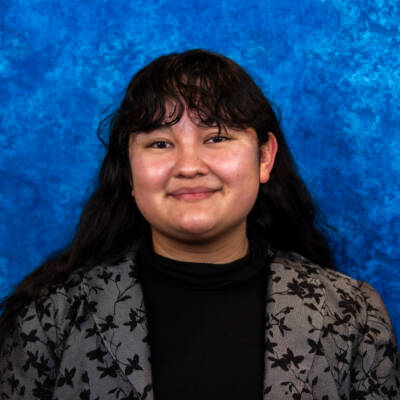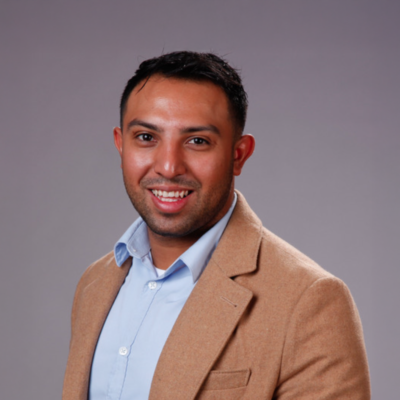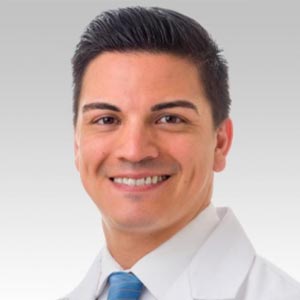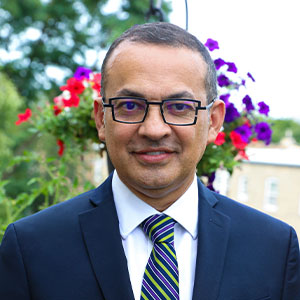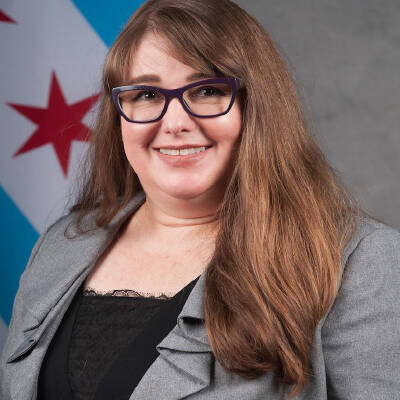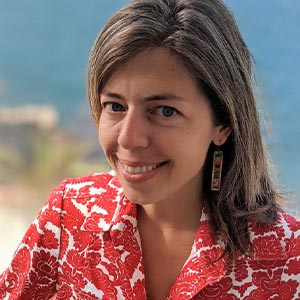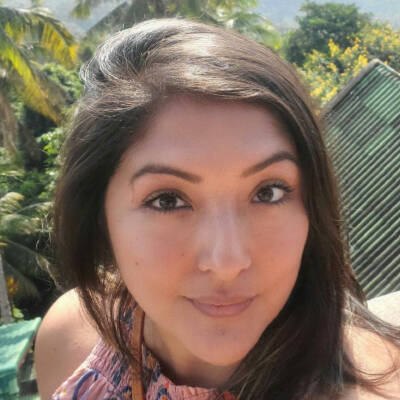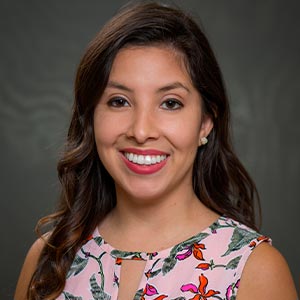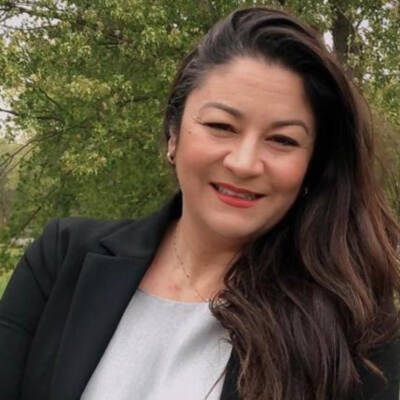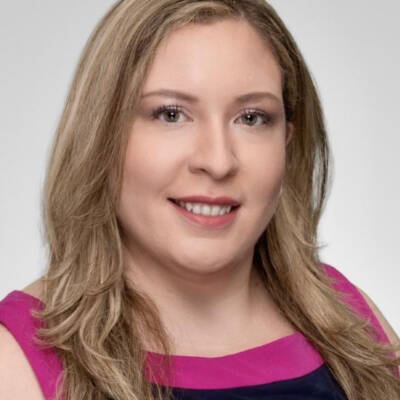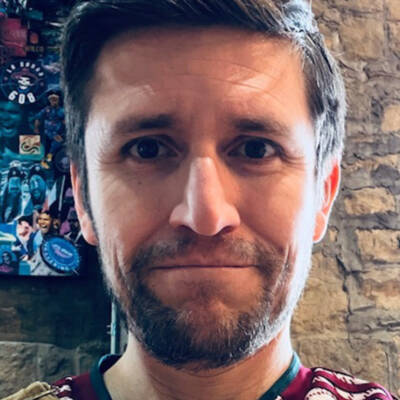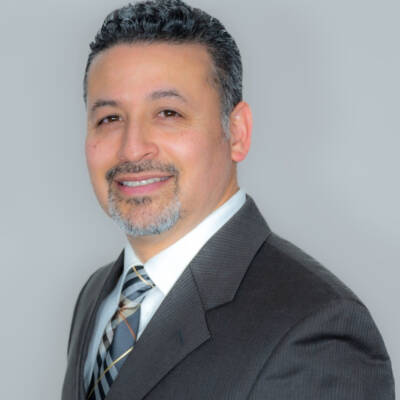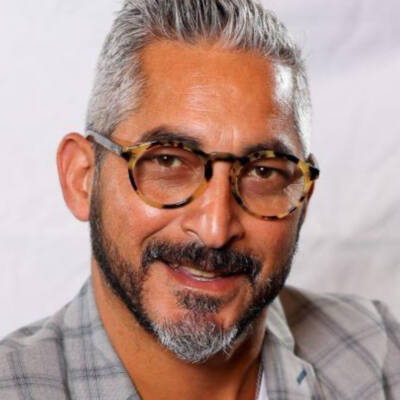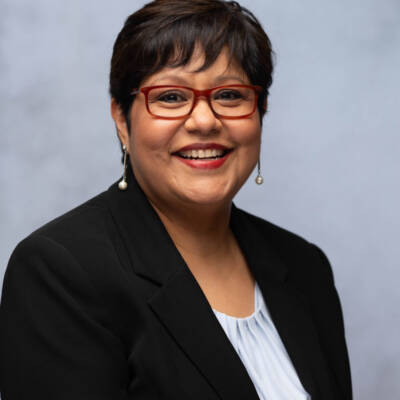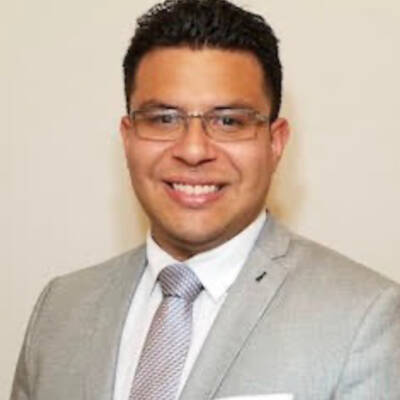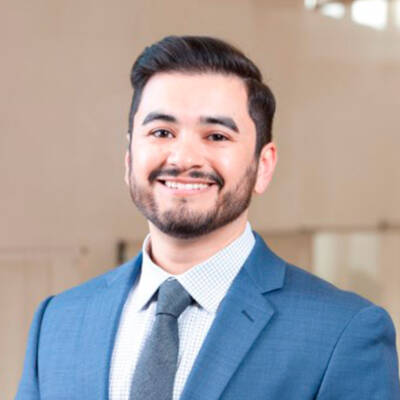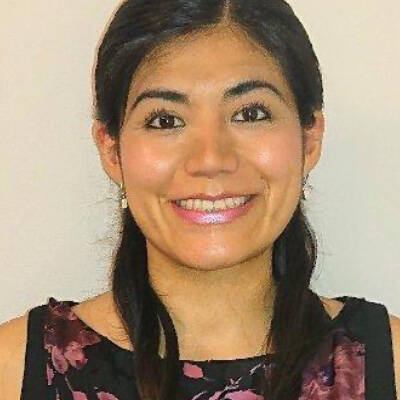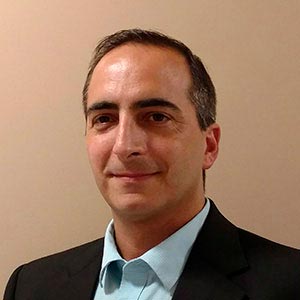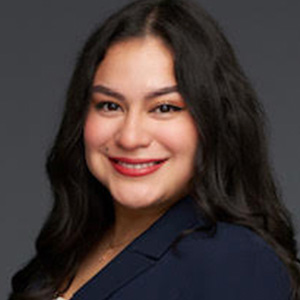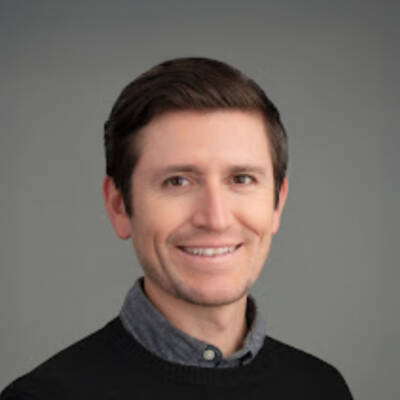OUR MISSION
We are a non-profit association of Hispanic/Latino physicians and health professionals working for career advancement, linguistic and cultural competency, personal wellness, and health equity for the good of the entire Hispanic/Latino community.
We dreamt with engaging the passion and talent of our Latino physician members for the benefit of the health of our community and the career advancement and success of more Latinos in Medicine.
Did you know that in the past 30 years, the number of Hispanic/Latino U.S. physicians per 100,000 people has declined by 22%? This means that while the general Hispanic/Latino population grows dramatically, their representation in the medical community is shrinking.
This strain on Latino health professionals and growing need in the community are the inspiration for a new non-profit group – the Medical Organization for Latino Advancement (MOLA). MOLA will be locally based, with the first chapter starting in Chicago, to closely link members and effectively respond to local needs.
“Many local Latino/Hispanic providers have long been searching for a group that represents us, unites us, and helps us advance in our careers, support our students, and improve our local Hispanic community,” said Dr. Joaquín Estrada, one of the group’s co-founders and colorectal surgeon at Advocate Illinois Medical Center.
For the small percentage of Latinos who do become physicians, the road ahead is paved with roadblocks and challenges due to the pressures to navigate the tricky waters of academic advancement, obtaining competitive grant funding, or making their practices financially viable.
“We just don’t have many mentors or examples from our community of how it can be done,” said Dr. Alex Cano, an Emergency Medicine resident at the University of Illinois Chicago.
Even successful Latino/a physicians are often overwhelmed by the responsibility that inevitably comes with being the first in the family to reach seemingly insurmountable milestones—graduating from college, becoming a doctor, or publishing in academia.
“Being the first and only Latina in the department—or sometimes the entire medical center—can lead to fatigue and unanswered questions,” said Dr. Carla Minutti, a pediatric endocrinologist and researcher at Rush University Medical Center.
“We cannot do it alone,” adds MOLA Chair and emergency physician Dr. Pilar Ortega. “It is a great privilege to do what I do as a doctor and to serve my community, but we need to support each other as fellow Latinos in healthcare to increase our impact and numbers.”
Although the target group is physicians and doctors-in-training, MOLA is open to any individuals who wish to advance the health and safety of the Hispanic/Latino community. To learn more about membership, get involved in leadership, make a donation, or attend our inaugural reception on February 22nd, please email [email protected].
BOARD OF DIRECTORS
